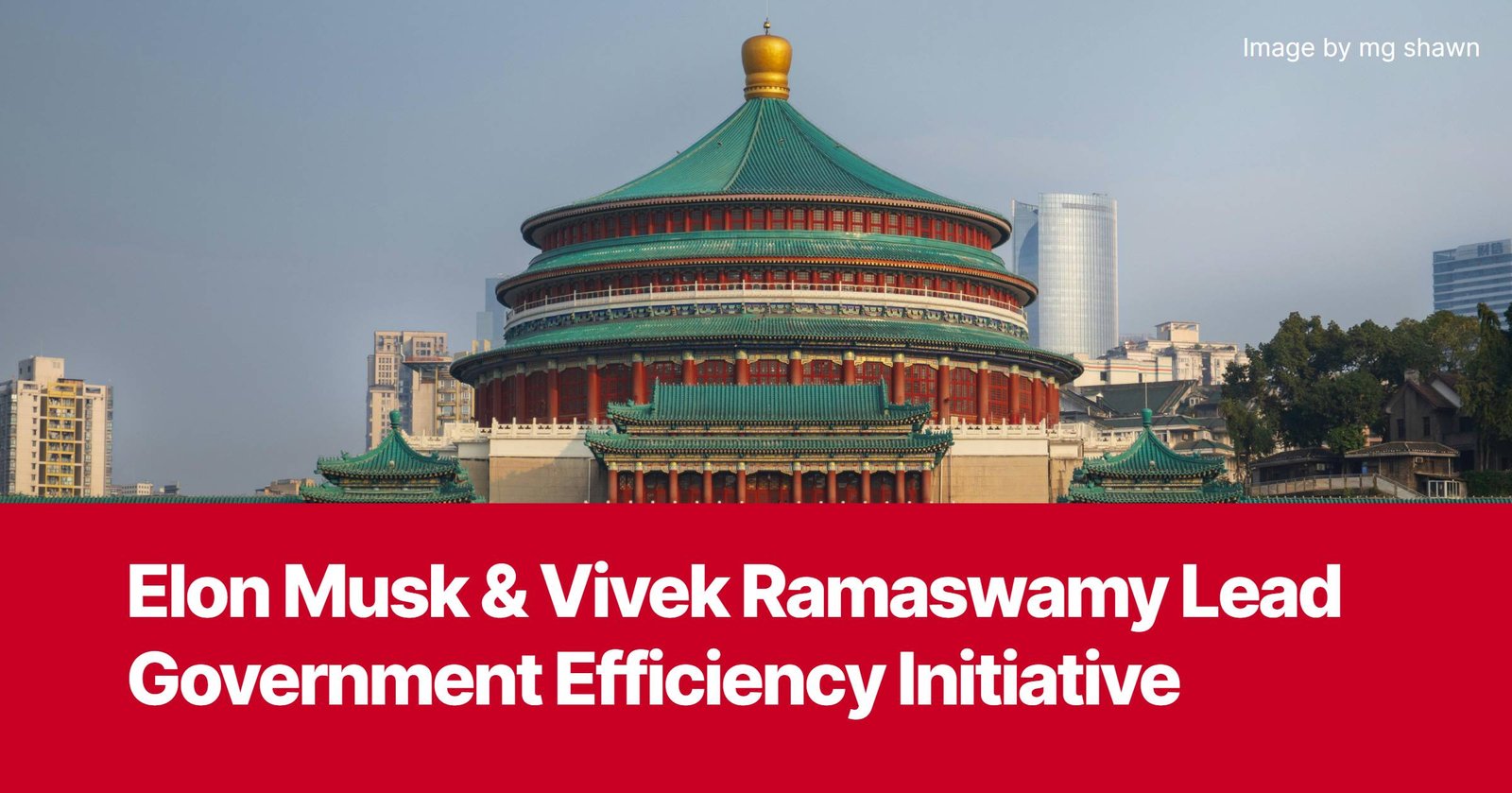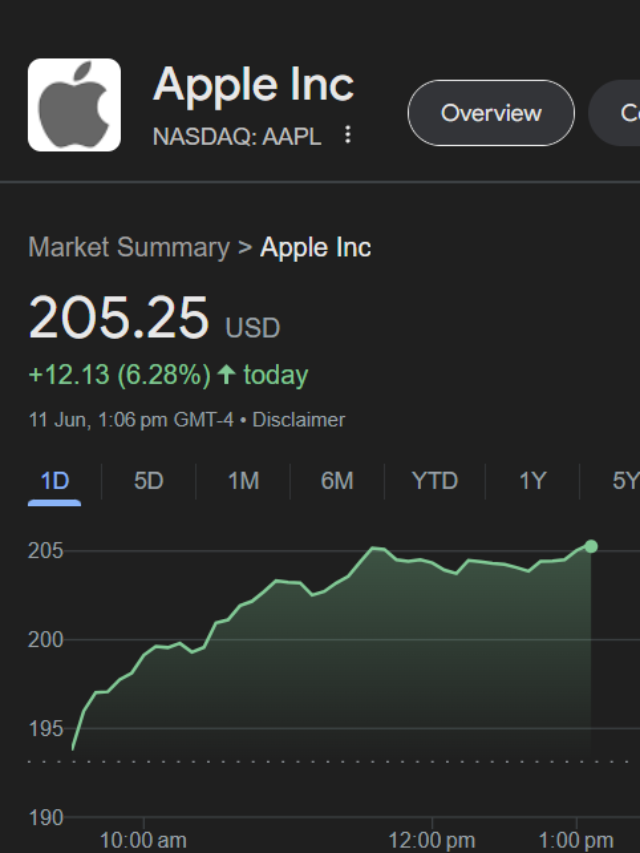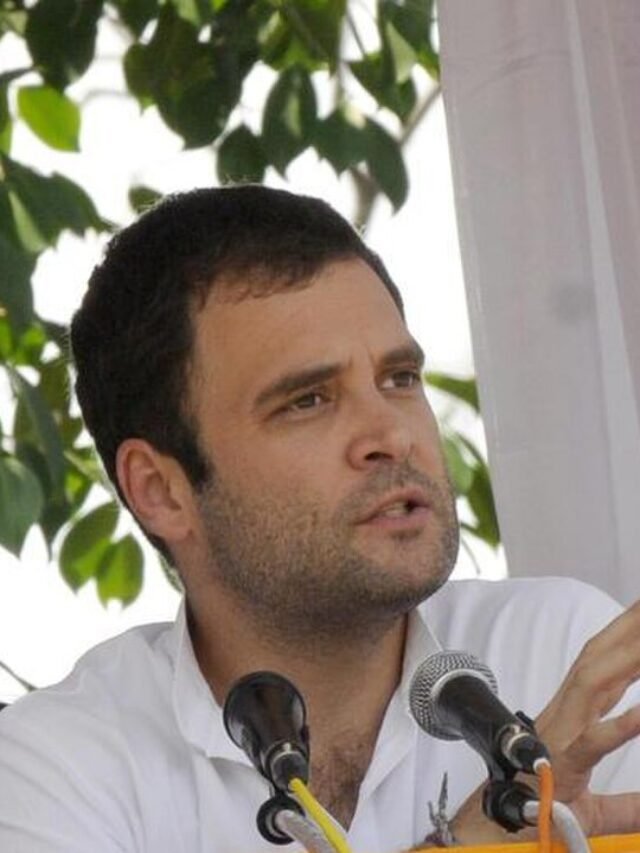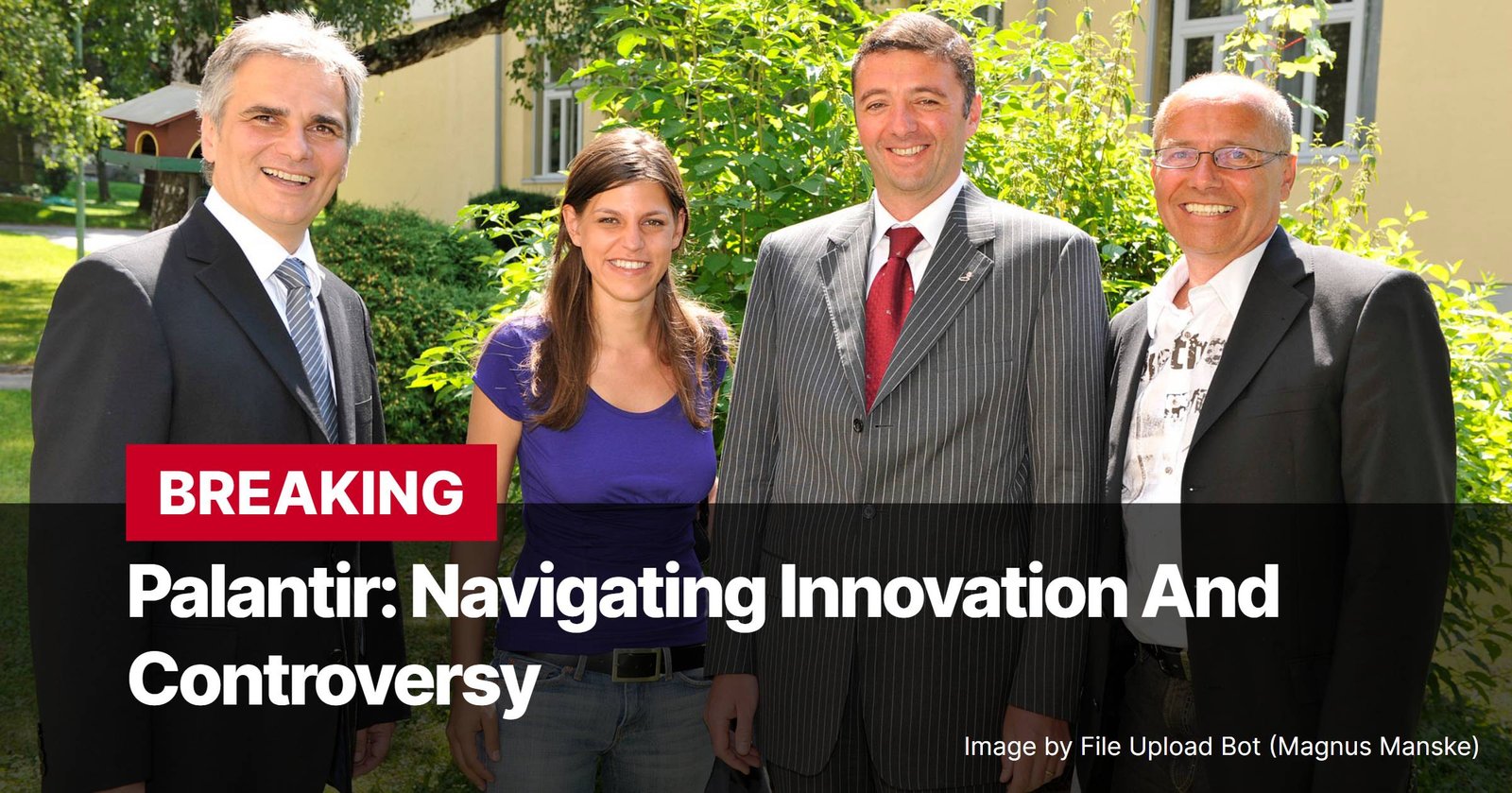President-elect Donald Trump has announced the creation of a “Department of Government Efficiency” (DOGE), appointing Elon Musk and Vivek Ramaswamy to lead the initiative. This move has sparked considerable discussion and speculation about the potential impact of this new body. While not officially a government agency, DOGE will operate as an external advisory group, partnering with the White House and the Office of Management and Budget to identify and eliminate wasteful spending, streamline bureaucratic processes, and promote an “entrepreneurial approach to government.”
The selection of Musk and Ramaswamy to spearhead this effort is noteworthy. Musk, a prominent figure in the tech and business world, has expressed strong views on government efficiency and deregulation. Ramaswamy, a former presidential candidate, has also been a vocal advocate for smaller government and fiscal responsibility. Both individuals have a track record of challenging traditional institutional structures, suggesting a potential for disruptive change within the federal government.

The stated goal of DOGE is to achieve significant cost savings and improve the overall effectiveness of government operations. Trump has indicated that the initiative will target bureaucratic inefficiencies, excessive regulations, and wasteful expenditures. This aligns with his campaign promises of fiscal responsibility and reducing the size and scope of government.
However, the initiative has also drawn criticism and raised concerns about potential conflicts of interest. Musk’s extensive business holdings and his history of clashes with regulatory agencies have led some to question whether his involvement in DOGE could create opportunities for self-dealing or undue influence. Similarly, Ramaswamy’s background in the private sector has prompted questions about his objectivity and commitment to the public interest.
Despite these concerns, both Musk and Ramaswamy have expressed enthusiasm for their new roles and emphasized their commitment to transparency. They have indicated that DOGE’s activities will be publicly available online, allowing for public scrutiny and feedback. This open approach is intended to address concerns about potential conflicts of interest and ensure accountability.
The long-term impact of DOGE remains to be seen. The initiative’s success will depend on several factors, including the willingness of Congress and federal agencies to cooperate with the proposed reforms. The ability of Musk and Ramaswamy to navigate the complexities of government bureaucracy and build consensus for change will also be critical. Additionally, the extent to which the initiative can genuinely improve government efficiency while avoiding unintended consequences will ultimately determine its legacy.
Some observers have also noted the unusual acronym of the department, DOGE, which is a reference to a popular internet meme and cryptocurrency. This has led to speculation about the seriousness of the initiative and whether it is simply a publicity stunt. However, proponents of DOGE argue that the unconventional name reflects a fresh and innovative approach to government reform.
In conclusion, the establishment of DOGE represents a significant development in the ongoing debate over the role and effectiveness of government. The initiative’s success or failure will have far-reaching implications for the future of government operations and the relationship between the public and private sectors. The coming months and years will reveal whether DOGE can live up to its promise of creating a more efficient and effective government.



















